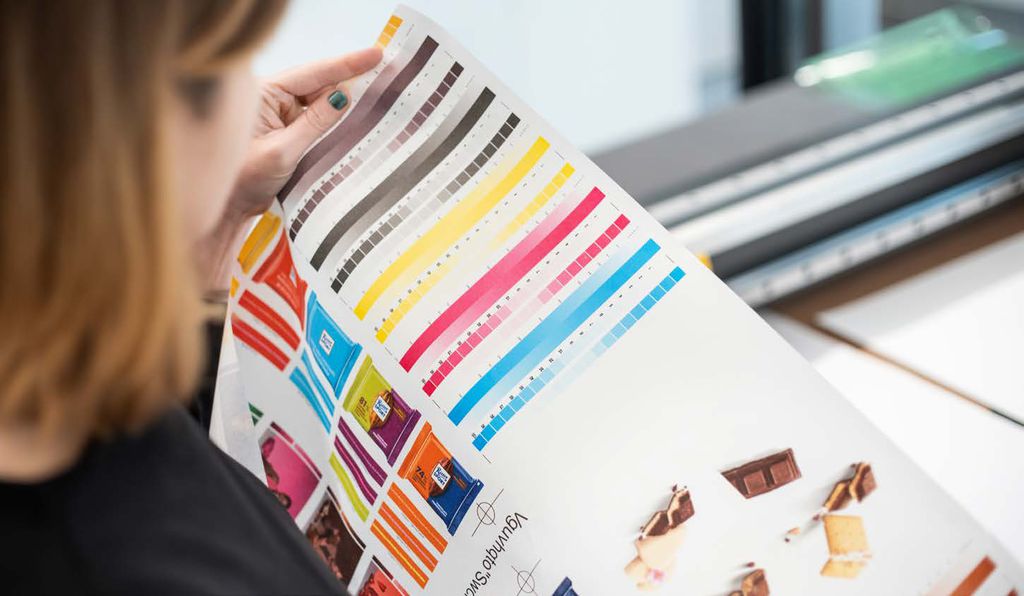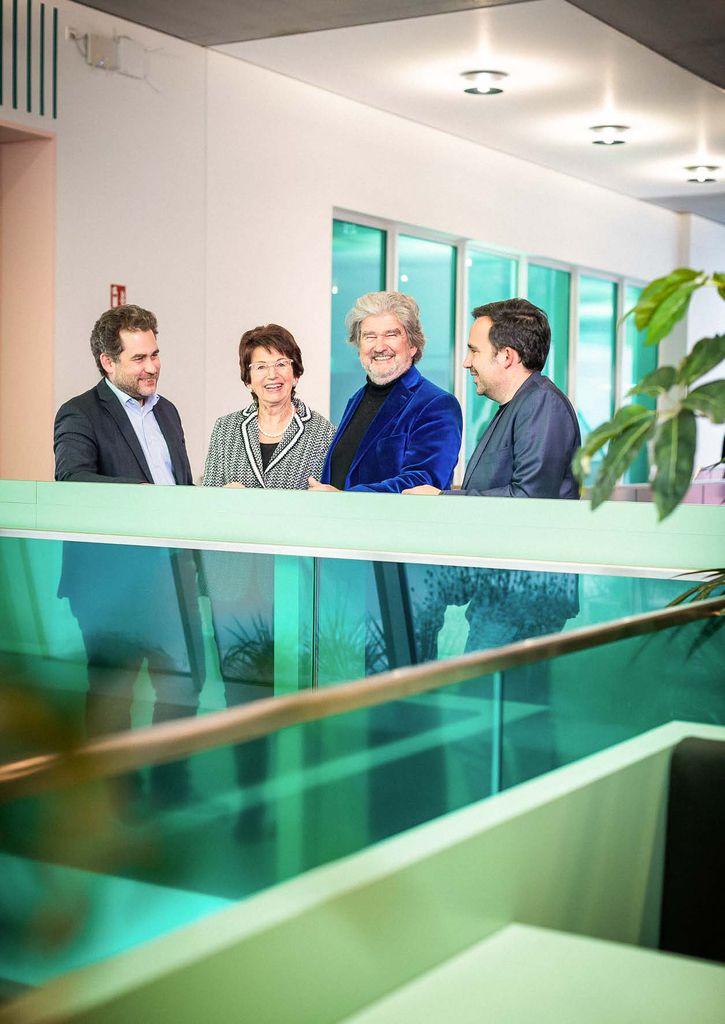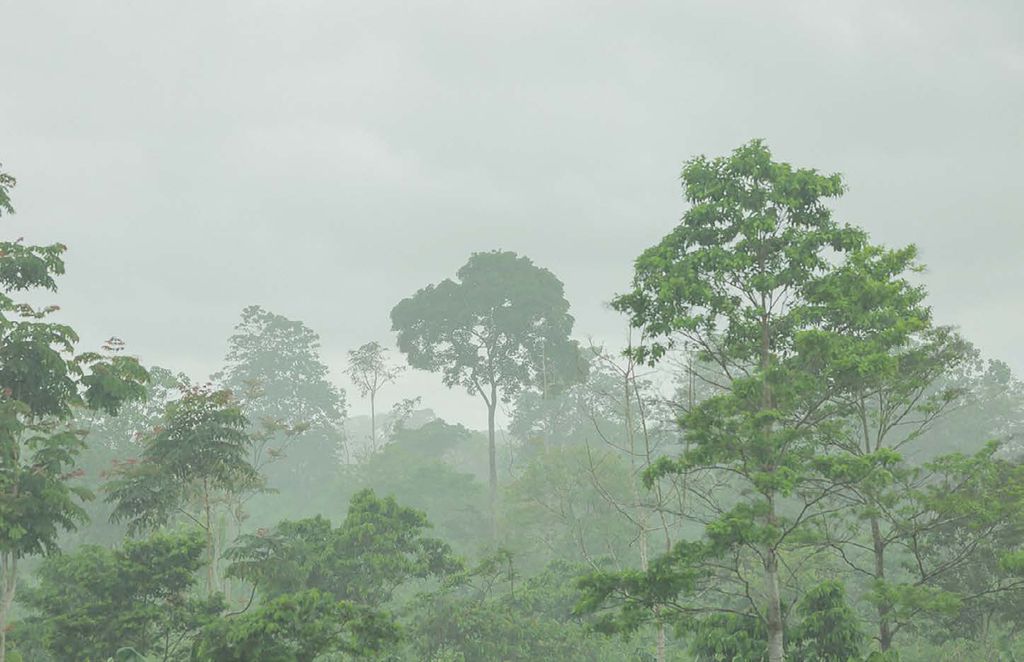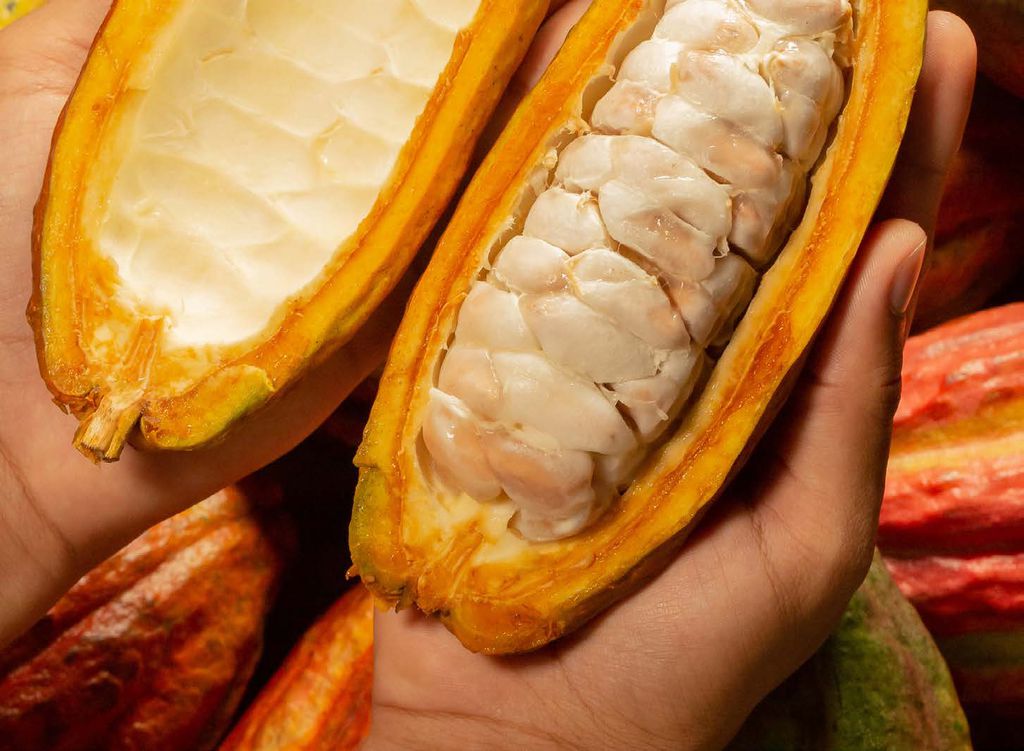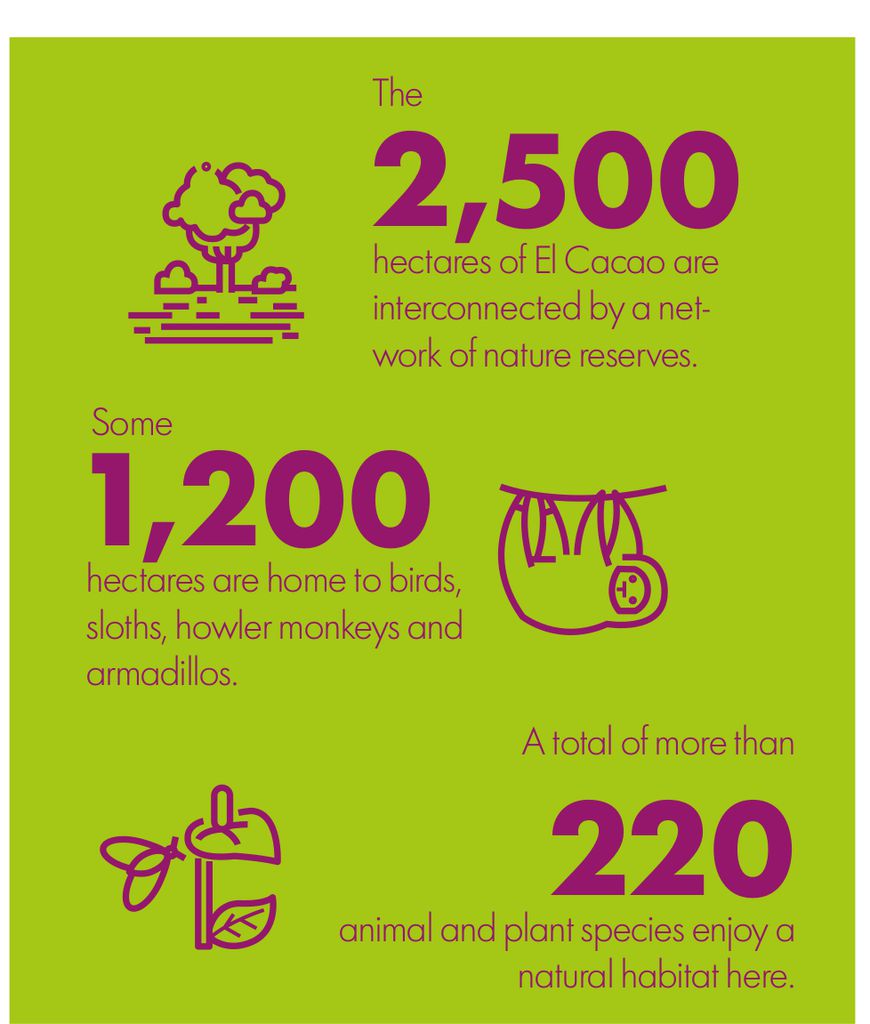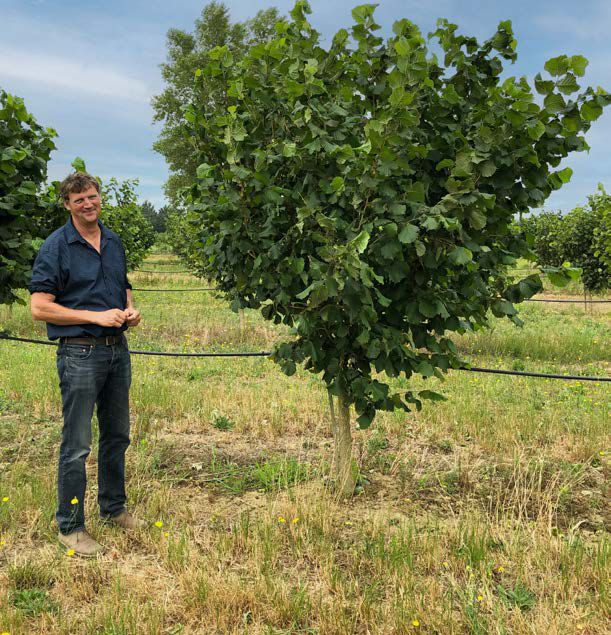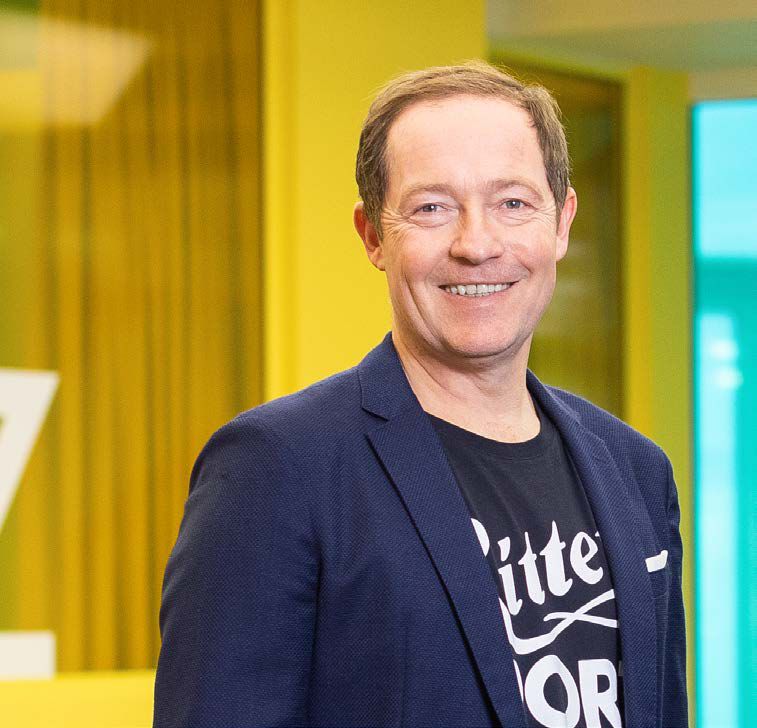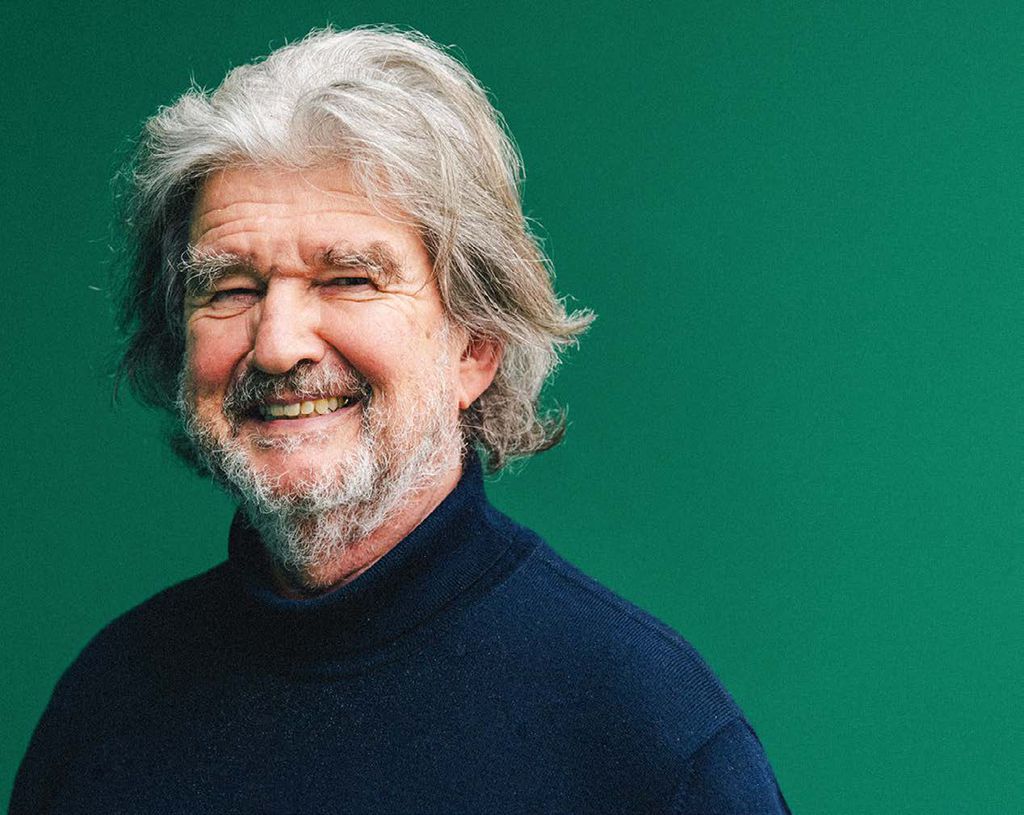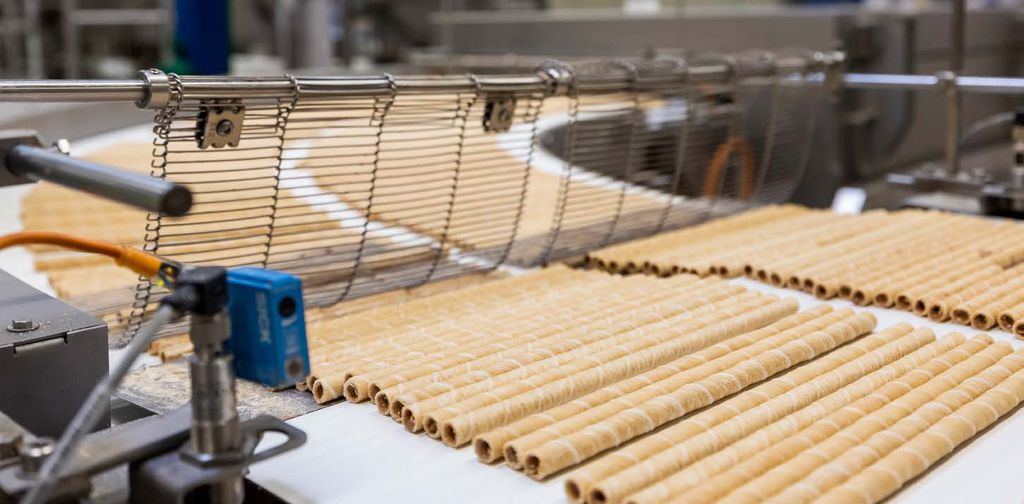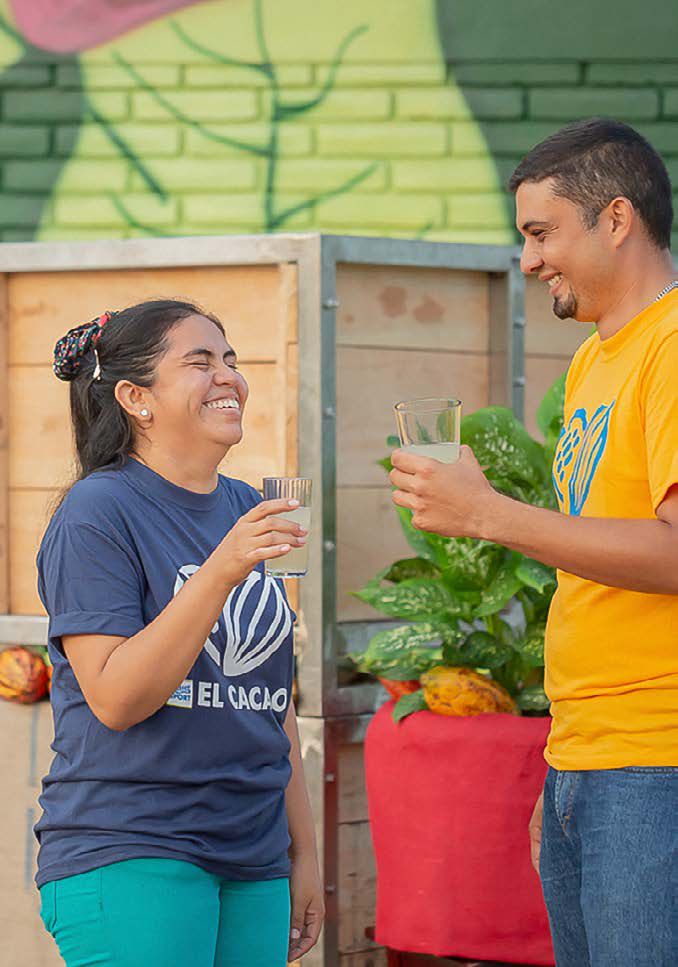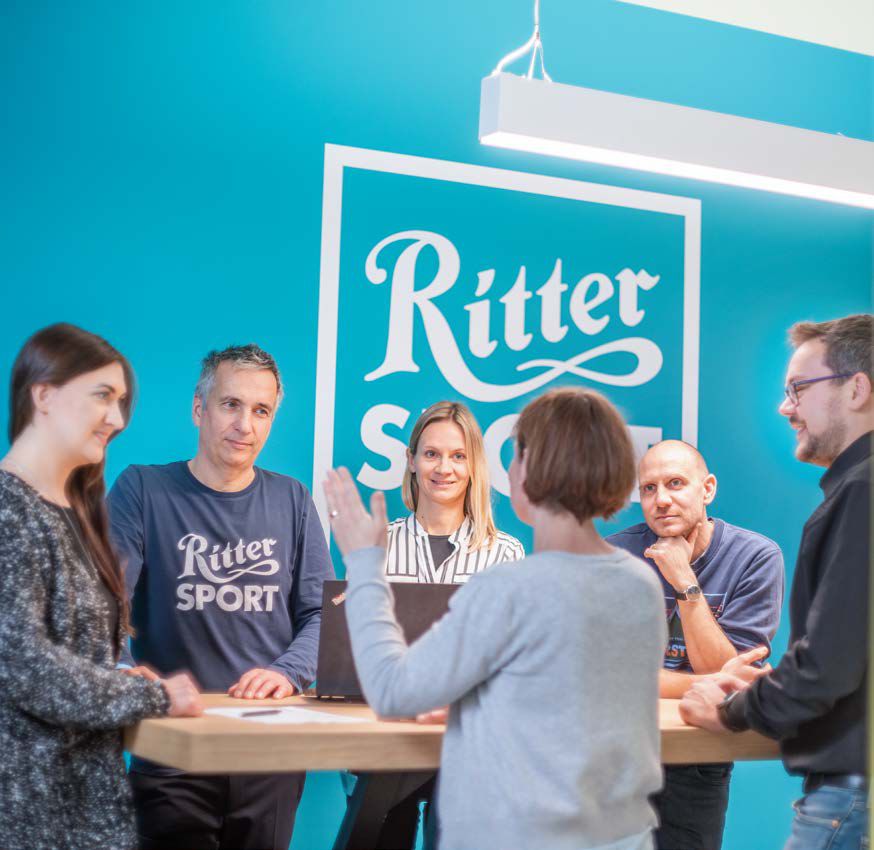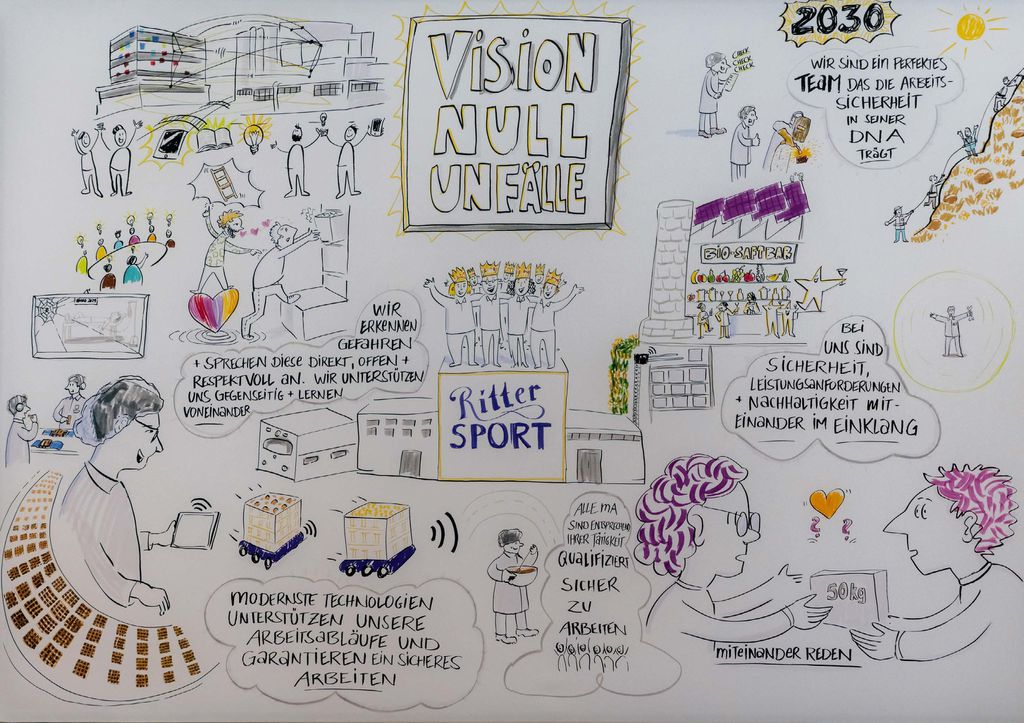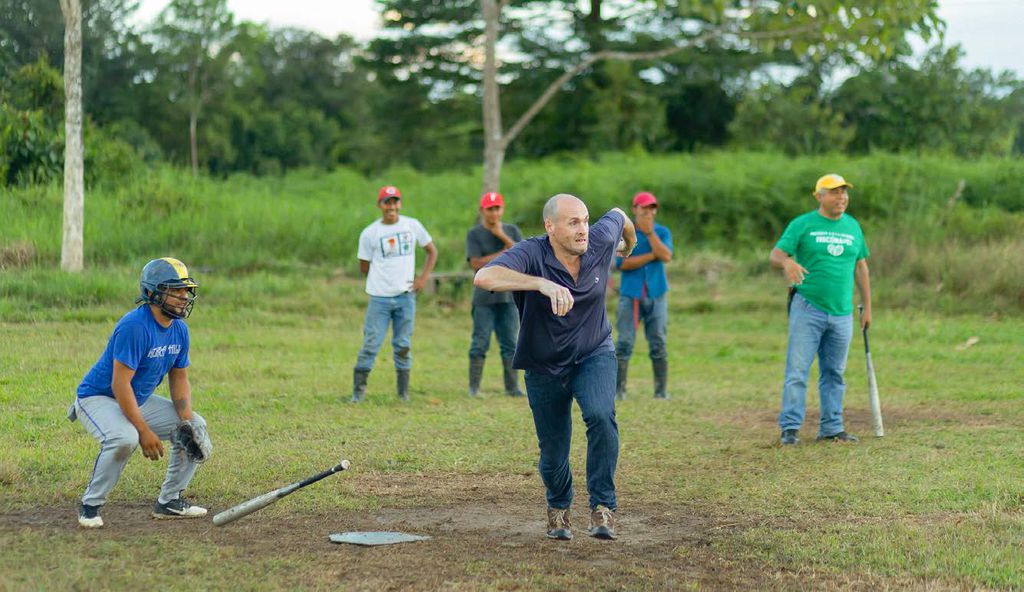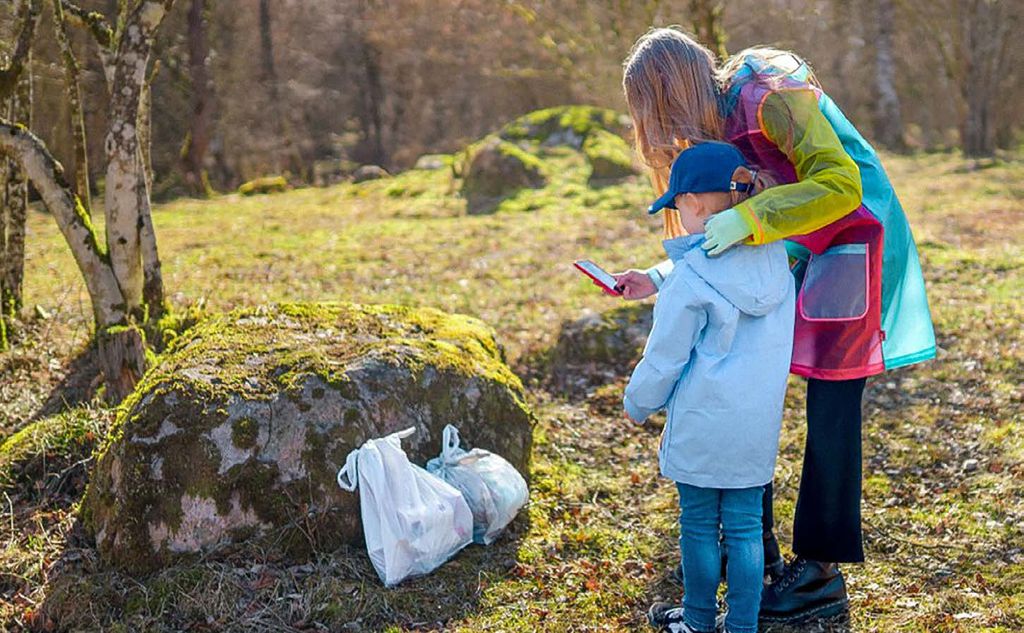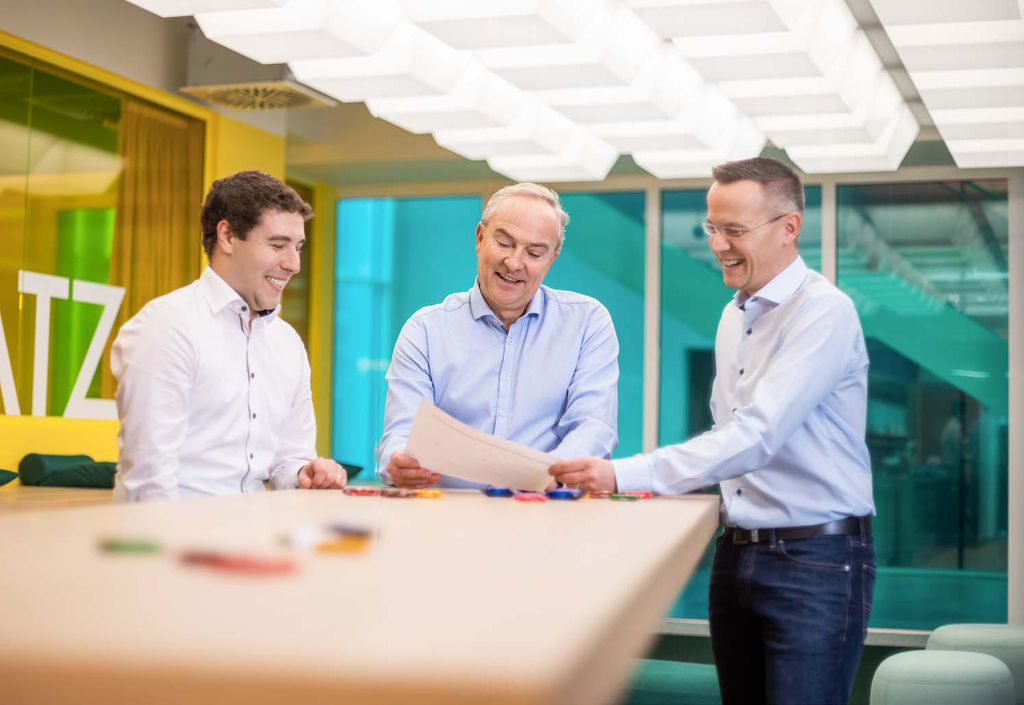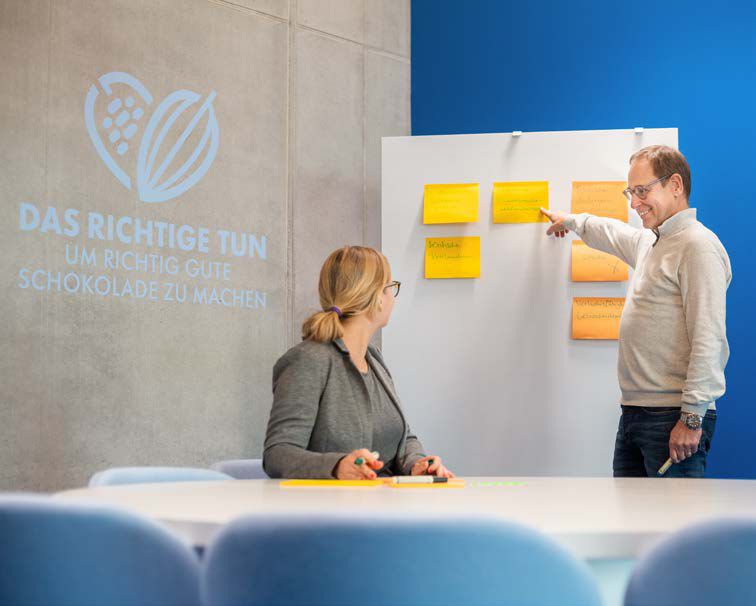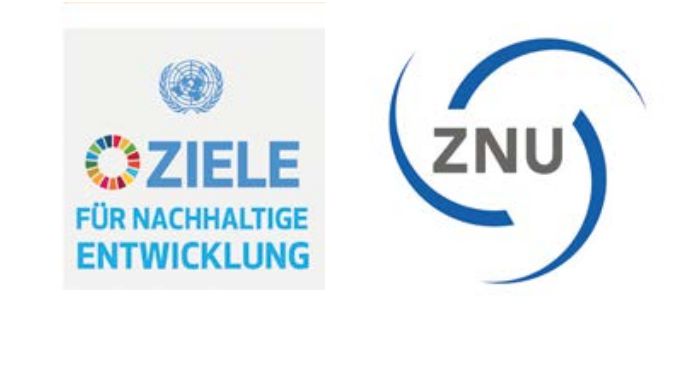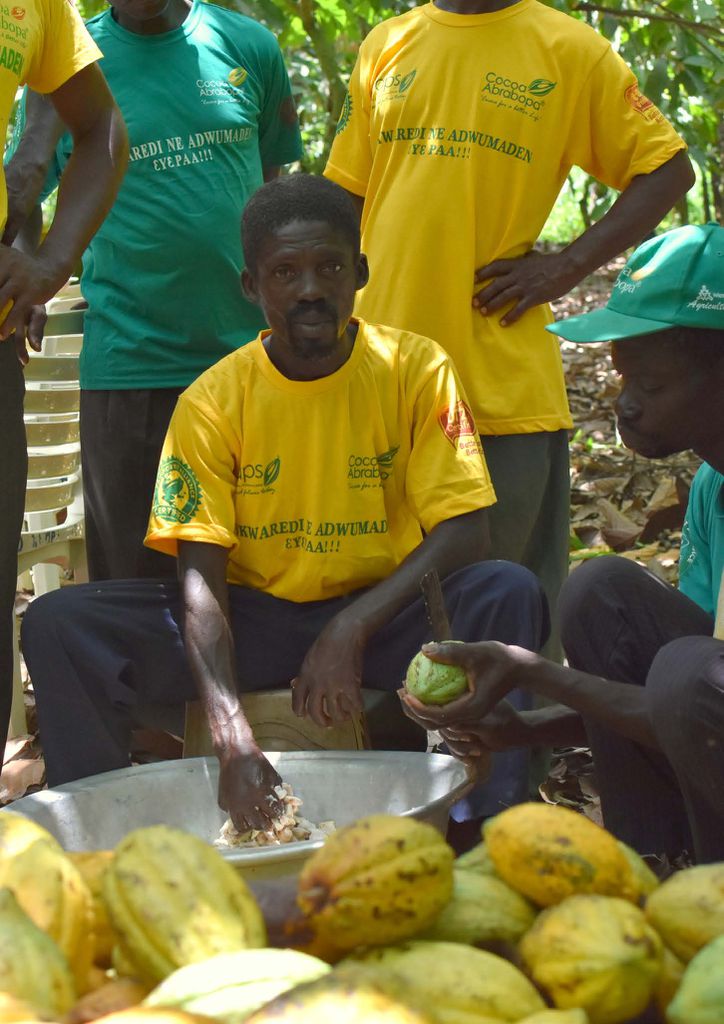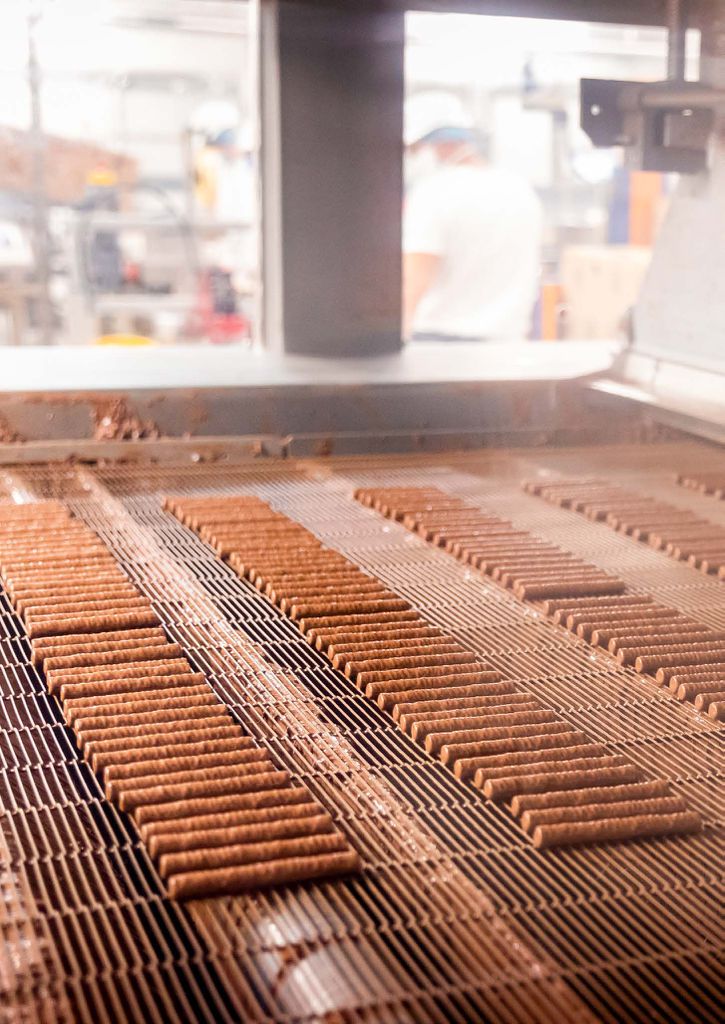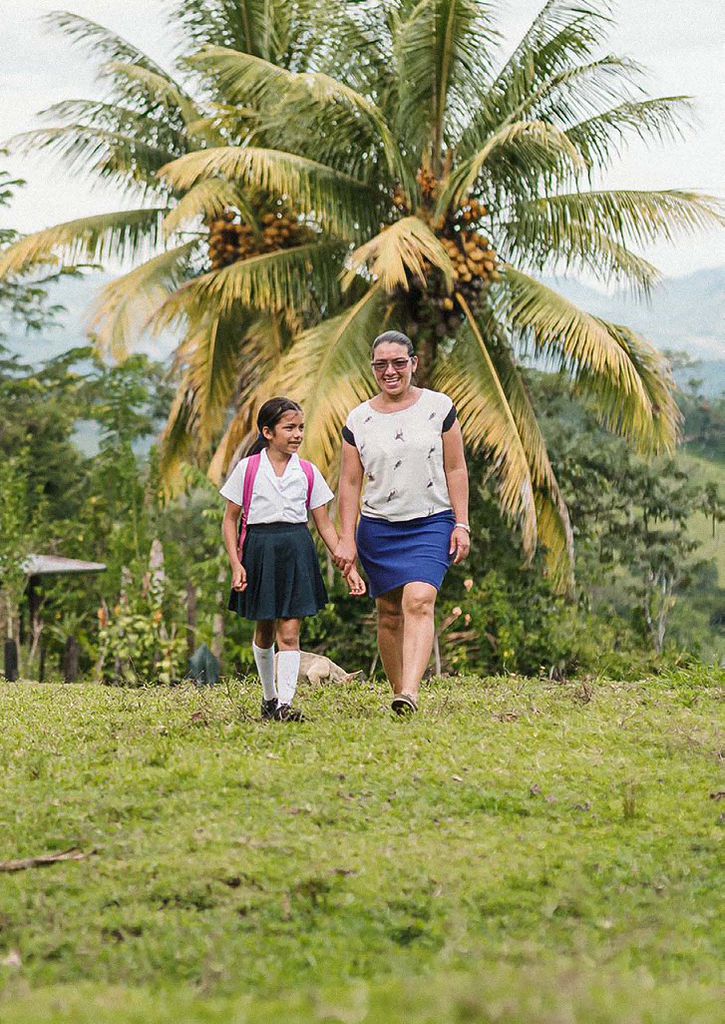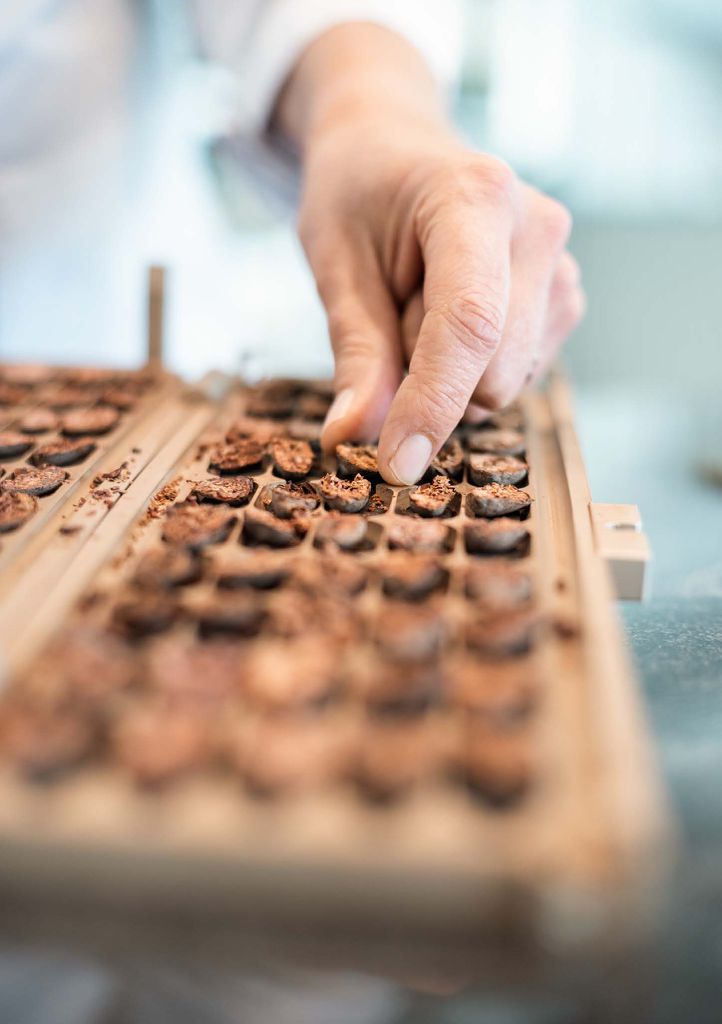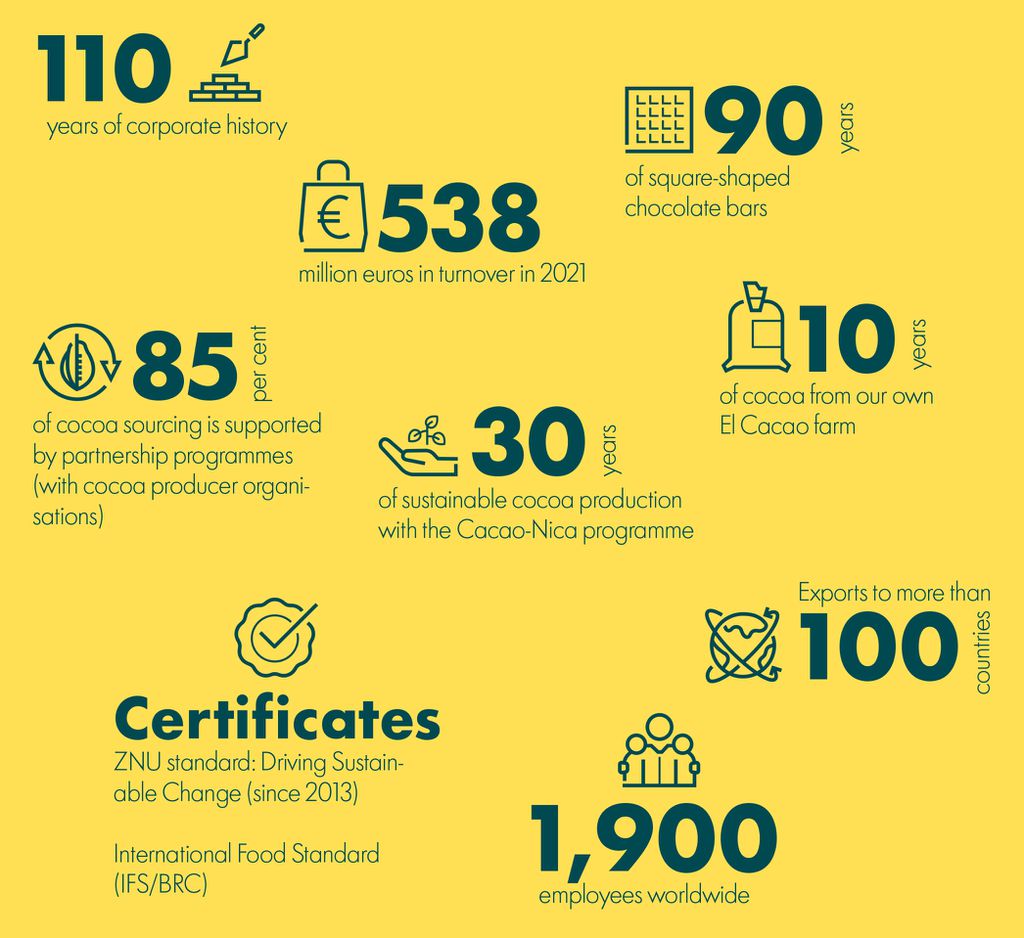
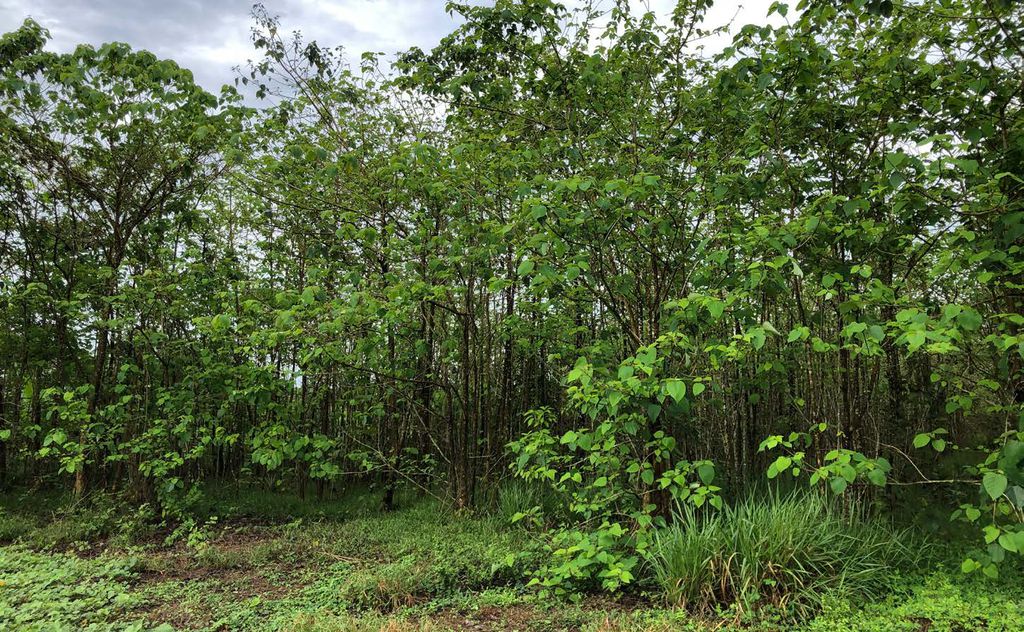
2.3 CO2 COMPENSATION WITHIN THE SUPPLY CHAIN
“EL CACAO” AS A CLIMATE PROTECTION PROJECT
Really good chocolate starts with high-quality cocoa. However, extreme weather events such as drought or storms caused by climate change are increasingly endangering crop yields worldwide. Man-made emissions of greenhouse gases into the atmosphere play a significant role in this. Alfred Ritter GmbH & Co. KG wants to reduce its emissions and is implementing its own climate protection project on the “El Cacao” plantation – not an easy undertaking.
In order to become climate neutral, companies should continuously reduce their greenhouse gas emissions – for the sake of the environment and because emissions that are not reduced have to be compensated for at high cost. Compensation usually takes place in the form of certificates from international climate protection projects. This was also the case at Alfred Ritter GmbH & Co. KG – until CEO Andreas Ronken suggested becoming active within the company’s own value chain and having the establishment (and the accompanying reforestation) of the company’s own “El Cacao” plantation recognised as a climate protection project. “This idea, which was actually logical, was visionary at the time,” says sustainability manager Georg Hoffmann. “But it was immediately clear that we would try it.”
Within seven years, the company reforested “El Cacao” with more than one million cocoa trees and over 30,000 shade trees. Biomass is also composted there, mineral fertilisers are used consciously, and CO 2 is stored in the soil. Certification is carried out in line with the renowned Gold Standard. However, in order to generate certificates, the project must first be recognised as a climate protection project. There is no comparable project in the Gold Standard to date. New processes and framework data need to be designed – a lengthy process in which Alfred Ritter GmbH & Co. KG has to demonstrate perseverance. “It takes patience, more time than expected, and a grey hair or two to work this out,” says Georg Hoffmann. “But it has been worth it; we will soon be able to use certificates that we generated ourselves – albeit a few years later than originally planned.”

REDUCING, COMPENSATING, AVOIDING
Alfred Ritter GmbH & Co. KG had already calculated the carbon footprint for individual varieties in 2012. “It soon became clear that a holistic approach was required,” explains Georg Hoffmann. “Hence the idea of setting up our own climate protection project.” It is important to him to note that certificates are at the end of the process, which has climate protection as its goal: “Offsetting does not relieve us of our actual task. We must consistently continue to reduce greenhouse gases and avoid them wherever possible – no matter how climate neutral we are on paper as a result of offsetting. As industrialised nations, we have a particular responsibility. The fact that certificates are required is, after all, the result of our actions in the past.” By 2025, Alfred Ritter GmbH & Co. KG is aiming for climate neutrality through offsetting along the entire value chain and is working closely with its raw material suppliers to achieve this. “More and more companies are realising that we have to reduce greenhouse gases – in order to continue producing really good chocolate and also to leave a world worth living in for future generations.”


